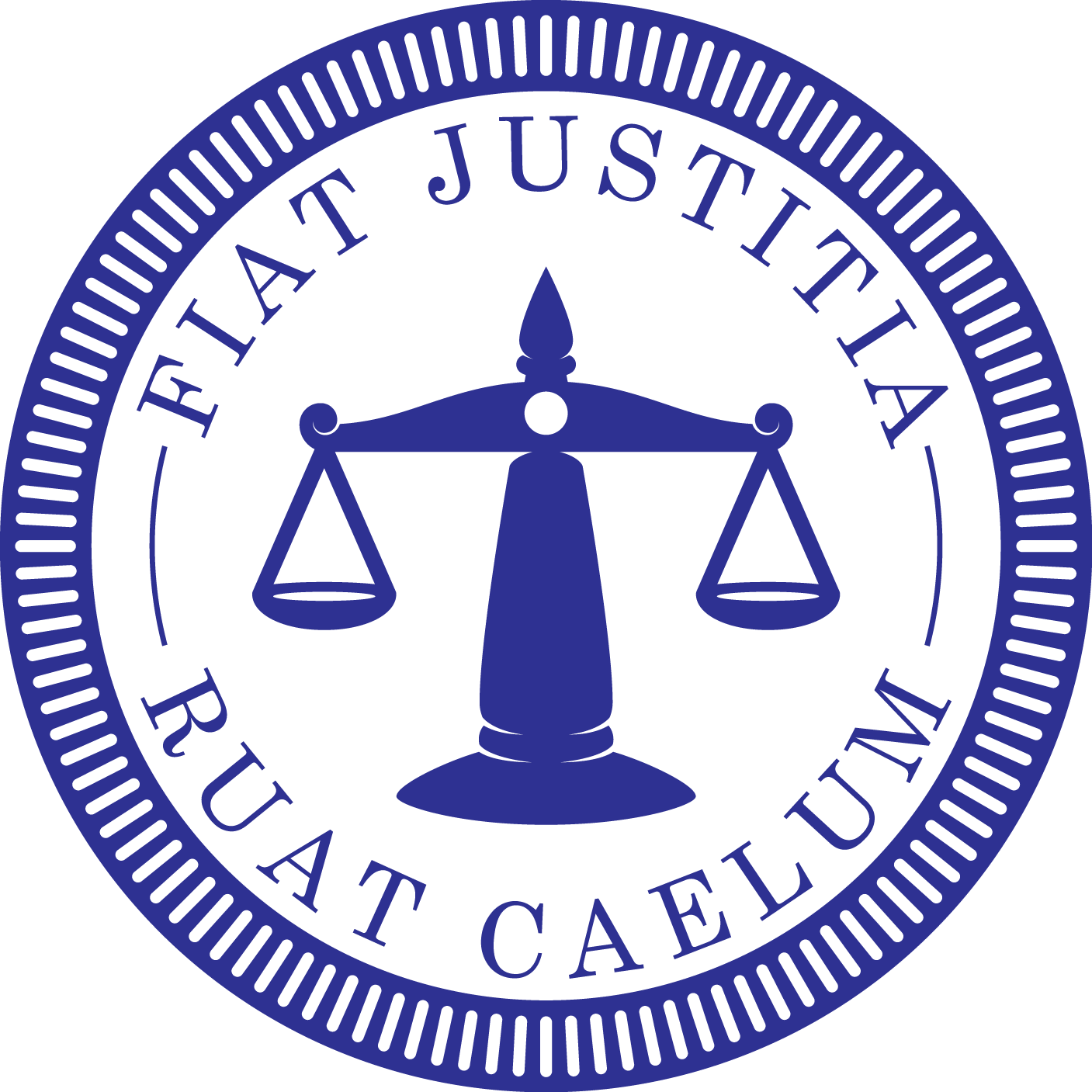More of the "Safety is Too Expensive" Model?
Cyrus had often written about the "Safety is Too Expensive" business model, in which private or public organizations put lives at risk to save a buck. I always condemn such behavior, but am especially appalled at this one: The Seattle Post-Intelligencer and OregonLive report that the military is refusing to test to see whether 100 military family homes have been contaminated with toxic fumes from a dump less than a mile from the homes:
From Oregon Live: "Toxic underground water could pose a threat to military families living near Madigan Army Medical Center, but the Army has yet to test for possible contamination, federal officials say. The military has known for at least five years that gas vapors from the water could be seeping up through the ground and into the homes of soldiers and their families, according to interviews and government documents obtained by the Seattle Post-Intelligencer. The Environmental Protection Agency worries that air inside the homes could be contaminated, particularly from trichloroethylene, a grease-cutting solvent that can cause kidney cancer and reproductive, developmental and neurological abnormalities... "We told the military repeatedly that their evidence is insufficient to conclude that people are not being exposed to TCE and the need for testing within the housing complex has not diminished at all," said Marcia Bailey, an EPA toxicologist with expertise in the movement of toxic vapors... The testing would be relatively inexpensive compared to other environmental concerns Fort Lewis has addressed. And removing the vapors would cost less than $5,000 per house, the cost of an individual air filtration system, the EPA officials said."
From Seattle-PI: "Plumes of contaminated underground water could be releasing dangerous vapors into family homes at Fort Lewis. But despite years of urging from the Environmental Protection Agency, the military has not tested the housing for toxic gas, nor has it warned the hundreds of soldiers, spouses and children who have occupied the dwellings that they could be at risk. For at least five years, military officials have known of the possible seepage of trichloroethylene vapors from groundwater near and under the homes in the fort's Madigan Army Medical Center housing area, according to interviews and government documents obtained by the Seattle P-I... The contaminated plume under the Madigan housing contains a soup of toxic chemicals, including the TCE, a grease-cutting solvent that spread from a decades-old dump less than a mile from the housing. The EPA believes that chemical is the most likely to release vapors that could move up through the rocks and soil. The plume is estimated to spread more than a foot a day, said Marcia Knadle, a hydrogeologist with EPA's regional Risk Assessment Unit. "We're really guessing where the edge of the plume is today, and that adds to our nervousness for the people living in that housing," she said. "That's why the testing is important."... Members of the EPA team say the testing is extremely inexpensive when compared with the millions of dollars that the Army is spending to decontaminate other environmental problems on the post that don't immediately endanger people. Individual air filtration systems, which would remove the toxic vapors, cost less than $5,000 a house. Fort Lewis has been very diligent, the EPA says, in clearing far larger Superfund sites on the post. The post also has won the Secretary of the Army Environmental Award for pollution prevention. But "from the EPA standpoint, there is nothing we can do to force the Army to take protective action in this case," said Nancy Harney, the EPA's regional program manager for projects that involve other federal facilities. If Fort Lewis were a civilian housing complex with the same possible release of toxic vapors and a landlord who refused to test to see if tenants were at risk, the EPA could do more. The agency could invoke its emergency provisions, which would permit the agency do the testing itself "to protect the public health," and then take the landlord to court to recoup the money it spent."
Just in case our troops aren't worried about their own safety abroad, now they can worry about the safety of their families. Disgusting. I'll assume that if the EPA is powerless to force the Army to protect military families, so too are trial lawyers. Anyone know whether one of the base residents could bring a private cause of action, and whether they would be entitled to compensation if they developed cancer?
Cross-posted to TortDeform.

